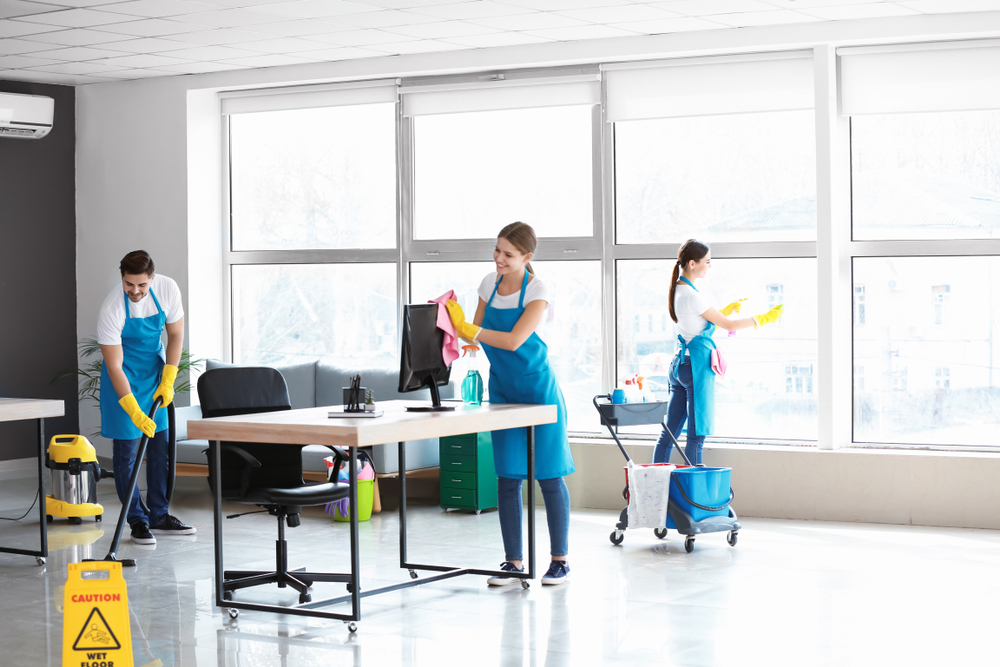Starting a cleaning business can be a lucrative venture, offering a range of services from residential house cleaning to commercial office maintenance. However, like any business, there are legal requirements to consider. One of the essential aspects is obtaining the necessary licenses. In this comprehensive guide, we’ll explore the various licenses and permits you may need to start and operate a cleaning business.
1. Business License:
Before you begin offering cleaning services, you’ll likely need a general business license. This license allows you to operate legally within your city or municipality. The requirements for obtaining a business license vary depending on your location, so contact your local government or visit their website to understand the specific steps and fees involved.
2. Trade or Occupational License:
In some regions, you might be required to obtain a trade or occupational license specifically for cleaning services. This license may involve an examination or proof of experience in the field to ensure that you meet certain industry standards.
3. Employer Identification Number (EIN):
If you plan to hire employees for your cleaning business, you’ll need an Employer Identification Number (EIN) or a Federal Tax Identification Number. This number is used for tax purposes and is essential for reporting employee wages and withholding taxes.
4. Sales Tax Permit:
If your cleaning business provides taxable services or sells cleaning products, you may need a sales tax permit. This allows you to collect and remit sales tax on behalf of your customers. Check with your state’s Department of Revenue or Taxation for specific requirements.
5. Health Department Permits:
In some areas, cleaning businesses that handle commercial kitchen cleaning or medical facility cleaning may need permits from the local health department. These permits ensure that you follow health and safety guidelines when cleaning environments with specific sanitation requirements.
6. Environmental Permits:
If your cleaning services involve the use of certain chemicals or disposal of hazardous waste, you might need environmental permits. These permits help regulate the proper handling and disposal of potentially harmful substances, ensuring compliance with environmental regulations.
7. Home Occupation Permit:
If you plan to operate your cleaning business from your home, check if you need a home occupation permit. This permit verifies that your home-based business complies with local zoning regulations and won’t disrupt your residential neighborhood.
8. Insurance and Bonding:
While not a license per se, obtaining liability insurance and bonding is crucial for a cleaning business. Liability insurance protects you and your clients in case of accidents or damages during cleaning, while bonding provides financial security in case of theft or dishonesty by employees.
9. Specialized Certifications:
Depending on the types of cleaning services you offer, you may benefit from specialized certifications. For example, if you offer mold remediation, obtaining certification in mold removal can enhance your credibility and open up new business opportunities.
10. Worker’s Compensation Insurance:
If you have employees, worker’s compensation insurance is typically required. This insurance provides medical benefits and wage replacement to employees who suffer work-related injuries or illnesses.
11. Vehicle Permits:
If you use company vehicles for your cleaning business, ensure that they are properly registered and permitted for commercial use. This may involve commercial vehicle registration and special permits if you transport cleaning equipment or chemicals.
12. Local Regulations:
Be aware that local regulations and licensing requirements can vary widely. It’s crucial to research and comply with the specific regulations in your city, county, and state.

Starting a cleaning business can be a rewarding endeavor, but it’s essential to navigate the legal requirements correctly. Obtaining the necessary licenses and permits ensures that your business operates within the bounds of the law and provides confidence to your clients. Always consult with local authorities and legal professionals to ensure compliance with all applicable regulations and licenses in your area.

